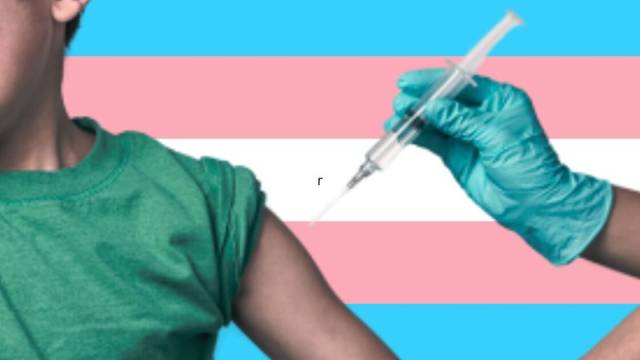The UK’s National Health Service (NHS) has sanctioned two clinical trials to investigate the effects of puberty blockers on children, with up to 226 participants, including some as young as 10 years old.
Scheduled to begin recruitment in early 2025, the trials aim to gather evidence regarding the effects of these drugs following a ban on their routine prescription by the NHS earlier this year.
According to the Daily Mail, participants will receive injections of the drugs to assess their potential for safely assisting young people in aligning their physical characteristics with their gender identity.
Researchers have refuted claims that the trials could coerce children into using these medications, which may pose risks to fertility, bone density, and brain development. They assert that the study will be conducted under the ‘most rigorous and safest study design,’ with close monitoring of side effects and risks.
However, campaigners have condemned the study’s initiation as ‘outrageous’ and are calling for it to be stopped.
The main trial, led by King’s College London and the South London and Maudsley NHS Foundation Trust, will split participants into two groups: one receiving puberty blockers immediately for two years, and the other receiving them after a one-year delay.
Eligible children must be under 16, have a formal diagnosis of “gender incongruence,” and have parental consent. The Daily Mail reports that the youngest participants will typically be aged 10 to 11 for girls and 11 to 12 for boys, with a maximum age of 15 years and eleven months.
The drugs, like Triptorelin, will be administered via injection every six months, and side effects will be closely monitored.
A second, smaller trial with around 100 participants will examine potential impacts on brain development by comparing groups that receive blockers and those that do not.
These trials are a response to the 2024 Cass Review, an independent report commissioned by NHS England that criticized the lack of robust evidence supporting the use of puberty blockers, leading to their prohibition outside research contexts.
The review pointed out risks associated with prior use at the Tavistock clinic’s Gender Identity Development Service (GIDS), including impacts on bone density, fertility, and mental health.
The trials are part of a £10.7 million research program funded by the NHS, with results anticipated in approximately four years.
 Telegram is where we really talk. Don't miss out!
Telegram is where we really talk. Don't miss out!









